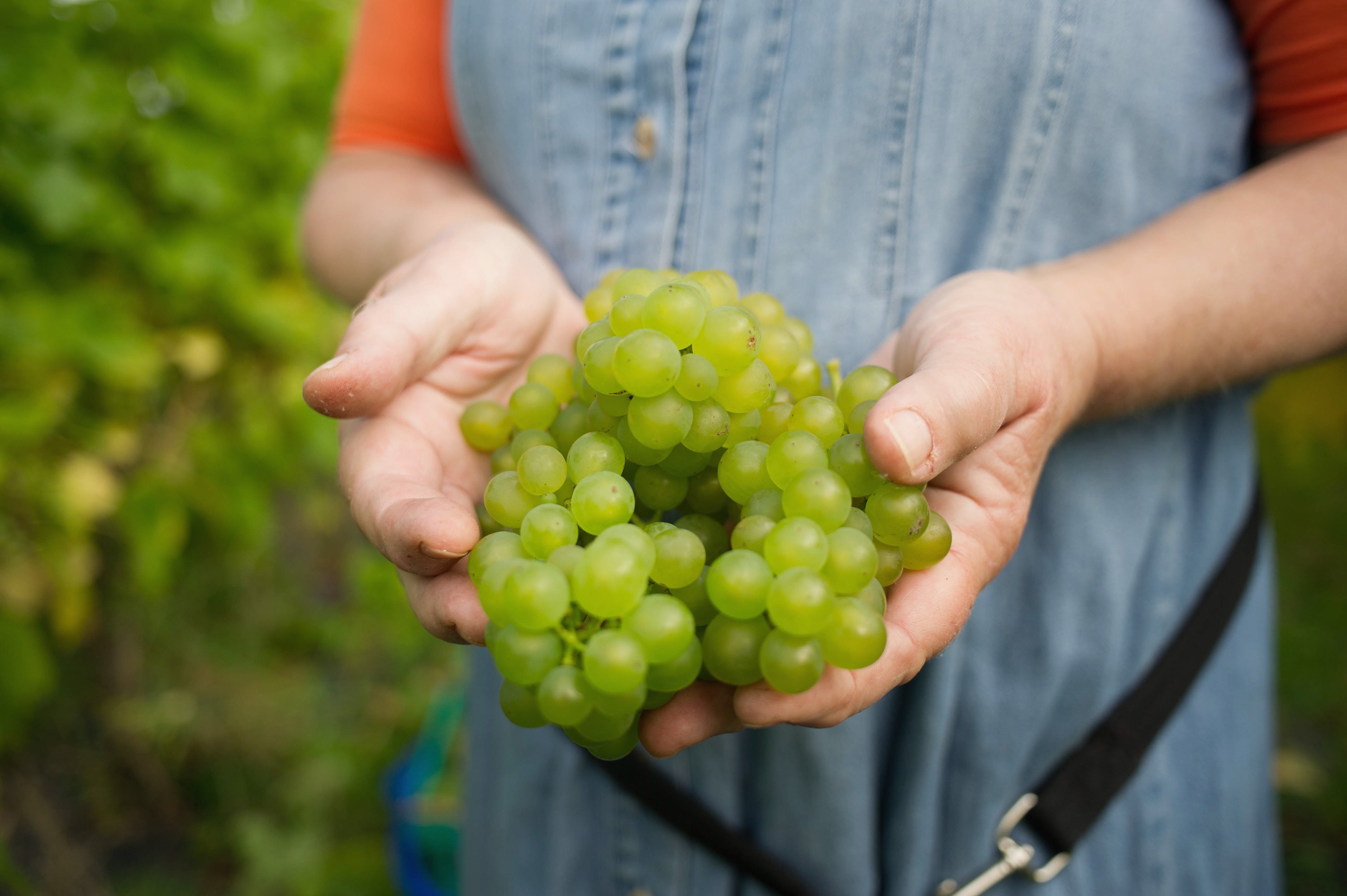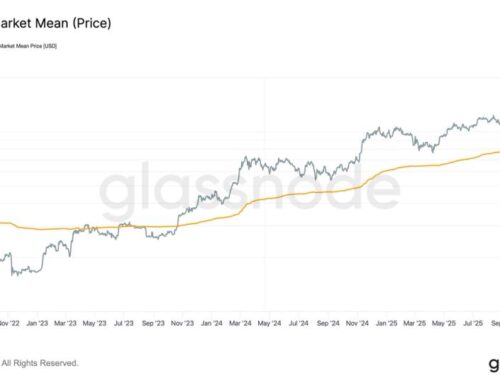Hull to become ‘the new Bordeaux’ in British wine boom sparked by climate change
April 14, 2025
The south of France is set to have a new rival by the end of the century, as a new report predicts that climate change will allow wine production to flourish as far north as Yorkshire.
By 2100, Hull could be known for its cabernet sauvignon with warmer temperatures and sunshine allowing the grape variety to grow in England.
The first annual Fine Wines and Restaurants Market Monitor report, which has been written by the consultancy firm Bain & Company, predicted that the area around Bordeaux in France will be too hot and dry to support production of the wine in the coming decades.

Currently, cabernet sauvignon can only be produced in southeastern England, and is traditionally produced in Europe’s warmer climates.
However, new areas such as Germany, England and southern Scandinavia are predicted to be able to grow the grape as climate change disrupts usual winemaking patterns.
The report states: “Climate change is redrawing the wine map. Southern regions face rising temperatures of plus 3C from flowering to harvest in 2024 and extreme droughts, threatening traditional vineyards. Meanwhile, northern areas like Denmark will gain ground with longer growing seasons and milder conditions.
“If the climate challenge is not addressed, cabernet sauvignon, once exclusive to southern Europe, may thrive in central and northern regions by 2100. To adapt, the industry must invest in policy reforms, agricultural technology and collaborative solutions to ensure a sustainable future.”

However, even by 2100 Scotland will have to stick to producing whisky as it will remain too cold and wet, with nowhere north of the border able to produce a drinkable wine.
Cold temperatures can result in grapes struggling to reach their full sugar levels, while the early harvesting, which occurs in cooler climates due to autumn frosts, can cause high acidity in wine.
Ideal temperatures to successfully grow grapes is between 20C and 30C, with long hours of sunshine beneficial to create full-bodied red wines.
Despite only a few vineyards successfully operating in the UK at present, the Met Office predicts that the UK’s average annual temperature could increase by between 2.3C and 5C by 2100.
The largest vineyard is currently the Denbies Wine Estate near Dorking in Surrey, with attracts around 300,000 visitors each year. The most northerly vineyard is Ryedale in North Yorkshire, and produces a range of wine such as pinot noir and rondo.
Search
RECENT PRESS RELEASES
Related Post




